Washington, D.C. — October 7, 2025
In a bold escalation of federal-state tension, former President Donald Trump recently declared that he could invoke the Insurrection Act of 1807 to send active-duty troops into U.S. cities if state or local authorities obstruct efforts to “restore order.” The announcement has triggered sharp criticism, legal pushback, and debate over constitutional boundaries in using the military within U.S. borders.
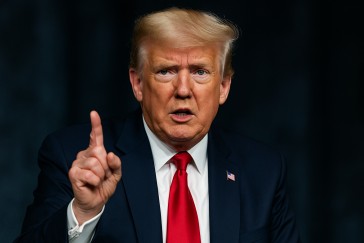
Background: What Is the Insurrection Act?
The Insurrection Act is a nearly 220-year-old statute that grants the president authority to deploy federal forces and federalize state militias under certain conditions, such as insurrection, rebellion, or when enforcement of federal laws is hindered. Wikipedia+2Al Jazeera+2 It stands as an exception to the Posse Comitatus Act of 1878, which generally bars use of the U.S. military for domestic law enforcement. Wikipedia+1
Historically, the Act has been used sparingly—most notably during the Civil Rights era to enforce school desegregation and during civil disorders such as the 1992 Los Angeles riots. Wikipedia+1
Trump’s Statement: What He’s Saying
Trump, addressing reporters and via media appearances, has framed his potential use of the Act as a measure of last resort:
“If states won’t do the job, and people are being killed in the streets, then I will invoke the Insurrection Act and restore federal power where necessary.”
In some remarks, he suggested courts or local governments are “blocking us at every turn” and leaving federal assets and personnel at risk.
Administration aides and legal advisors are reportedly studying whether conditions have been met to satisfy the statute’s requirements. One senior adviser summarized: “We want to maintain law and order. If civil authorities fail, the federal government must have recourse.”
What’s Confirmed — and What’s Unclear
Confirmed:
Trump has publicly floated invoking the Act, signaling a willingness to deploy troops domestically. Wikipedia+3ABC News+3LiveNOW+3
Some federal units (e.g. National Guard or active forces) are already being mobilized or earmarked for deployment in cities experiencing unrest, especially in jurisdictions that have opposed federal enforcement actions. The Washington Post+2Financial Times+2
Legal challenges are underway: states and municipalities have filed lawsuits or threatened injunctions to block troop deployments. The Washington Post+3Reuters+3The Guardian+3
Unclear / Disputed:
Whether the factual threshold for invoking the Insurrection Act is met (i.e. whether there is “insurrection or obstruction” or failure of local authorities).
Whether courts will uphold or block such military deployments. Some judges have already temporarily blocked federal troop moves in states like Oregon. The Guardian+1
How far the administration would go—whether in limited “federal asset protection” or broader law enforcement duties.
The reactions of the U.S. military, state National Guards, and relevant agencies who may resist mission creep or questions of legality.
Reactions & Legal Stakes
Governors of Democratic-led states have strongly rejected the idea:
“This is a direct assault on state sovereignty and constitutional order,” said Illinois Governor J.B. Pritzker. “We will not allow our cities to be militarized on a whim.”
Civil liberties groups warn of abuse: deploying the military in civilian spaces risks chilling free speech and civil protest rights. Constitutional law scholars are divided; some argue the Act provides a narrow pathway, while others see the threats as unconstitutional overreach.
Legal analysts point out that invocation of the Act does not guarantee unimpeded execution: courts may enjoin troop deployments if they find statutory or constitutional violations, especially under the Tenth Amendment, due process, or the Posse Comitatus framework.
What Comes Next
Court battles ahead. Several lawsuits already filed may reach appeals or the Supreme Court, testing whether federal troop deployments can be blocked.
Federal vs state standoffs. Governors may refuse to cooperate or even order National Guard units not to comply.
Political fallout.The move could become a flashpoint in public debate over security, rights, and presidential power.
Operational limits. Even if invoked, the use of troops may be constrained to protecting federal buildings or limited missions rather than broad policing.
In sum, Trump’s threat to invoke the Insurrection Act brings into sharp relief the tension between asserting federal authority and preserving constitutional checks. Whether he proceeds—and whether courts allow him to—remains to be seen.

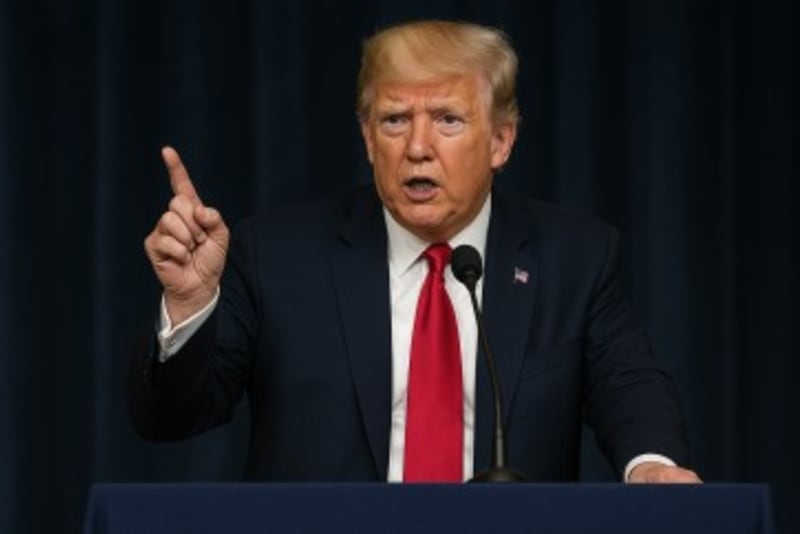
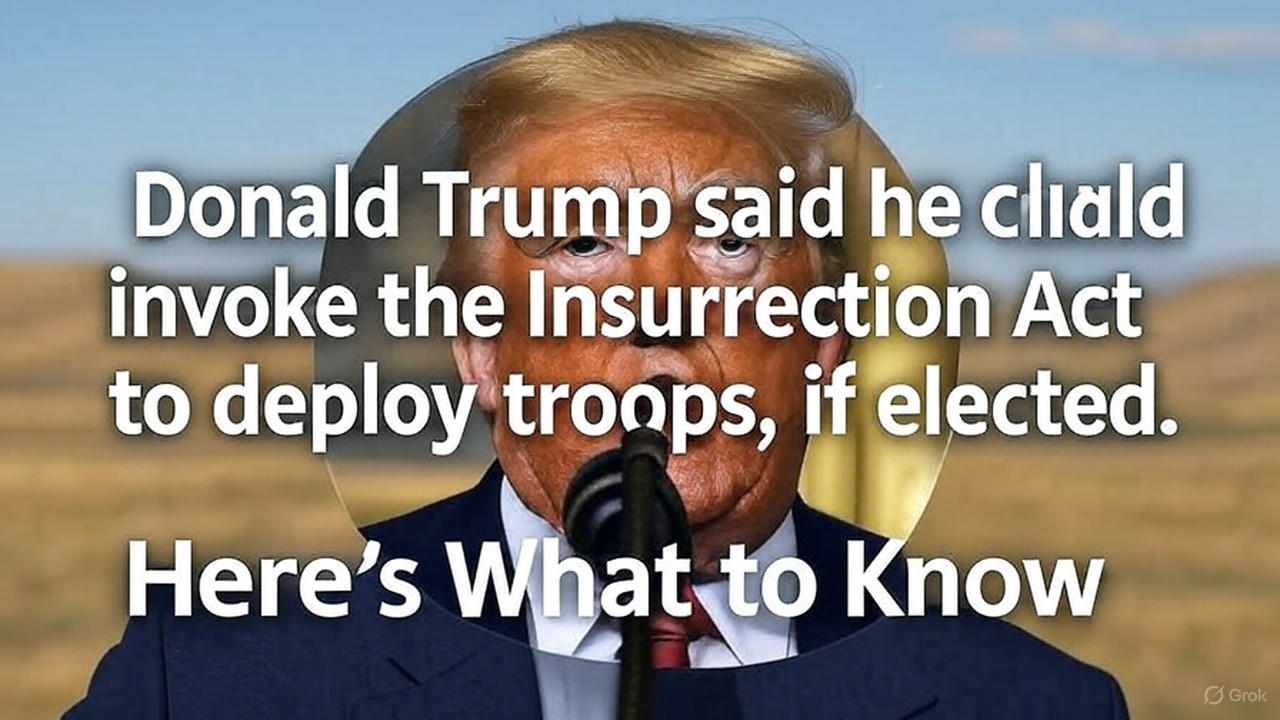

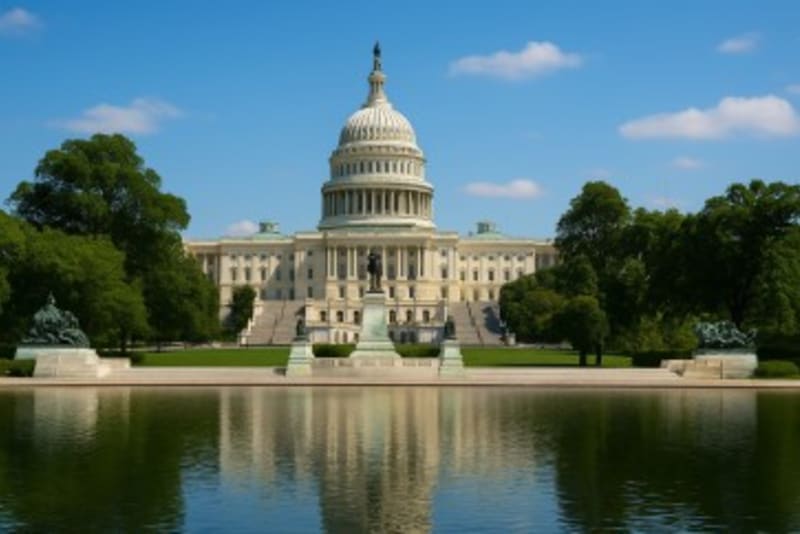
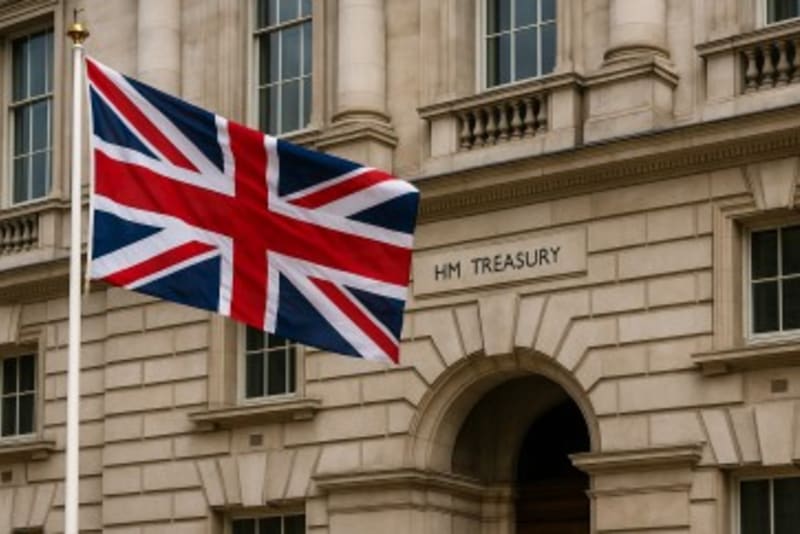


Comments
No comments yet. Be the first to comment!